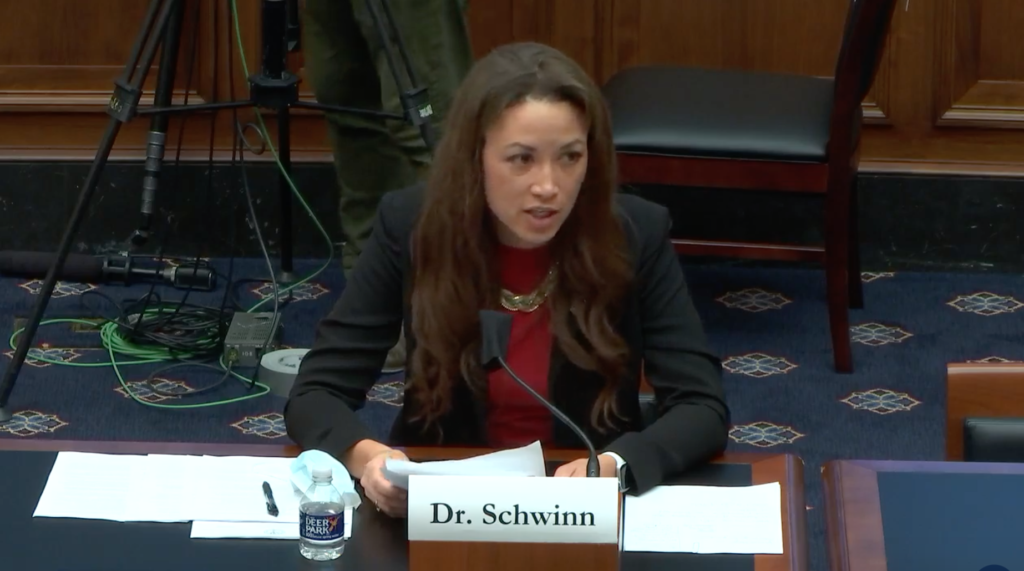
The Tennessee Department of Education is collecting feedback on its first draft of a new school funding formula. The deadline to submit a public comment is Jan. 18 at noon.
Education officials introduced the proposal last Tuesday. It’s the latest step in a months-long effort to reconstruct how the state divvies up school dollars.
Many were pleased to see the framework reflect a student-based formula with additional weights assigned for students with higher needs, such as English learners, students with disabilities and economically disadvantaged students. However, the first draft was also met with concerns.
Some have expressed skepticism that additional dollars may go toward students from fast-growing counties, like in Williamson and Rutherford, and rural counties, but not specifically urban districts, like in Memphis and Nashville. Others were disappointed that the model didn’t include a clear funding path for early childhood education, though it was mentioned in the proposal as an item to consider in future drafts.
There was also pushback against the “outcomes” portion of the formula, which would give bonuses to districts based on high achieving students, or those who earn high test scores in areas such as their ACT, SAT or AP exams, complete post-secondary programs or fill out their FAFSA application.
At a Nashville town hall last week, David Williams, the executive officer of teaching and learning at Metro Nashville Public Schools, argued that affluent districts would have an unfair advantage in receiving such bonuses because they already have the money and resources to ensure student achievement.
“Because there’s only a finite amount of funding, this proposal would essentially direct funds away from students who truly need additional resources to achieve equitable outcomes more commensurate with their peers,” Williams said. “Bonus funds will take away opportunities and resources for students on the wrong side of the achievement gap and that seems backwards to me.”
Although bonuses would award extra funding to low-income students who excel, some say the outcomes category should weigh in things like academic progress instead of test scores.
In a recent steering committee meeting, education commissioner Penny Schwinn clarified that the bonuses laid out are simply options to consider.
“This is not to say our proposal in the final draft would include all of these,” Schwinn said. “I don’t think in a funding perspective it makes sense to include all of these. I’m giving you all the options on the menu.”
The next step will be for the funding review subcommittees to finalize what student outcomes should lend themselves to bonuses.

